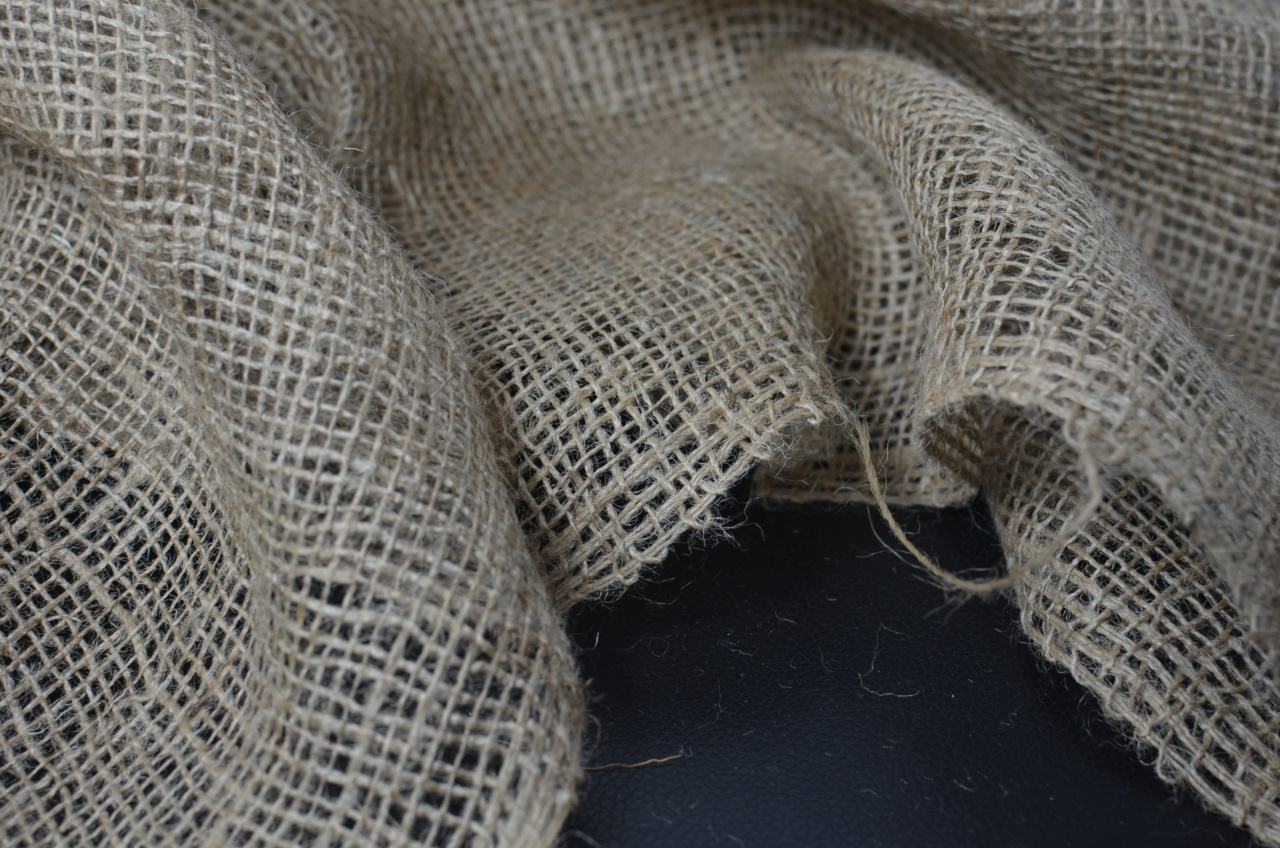If you are someone who suffers from chronic inflammation, you are likely aware of how much it can impact your quality of life.
Inflammation can lead to a variety of ailments, including everything from joint pain to heart disease, and finding ways to manage it is essential. One of the most effective ways to combat inflammation is to eat a diet that is high in fiber. In this article, we will explore the ways in which fiber can help reduce inflammation and improve your overall health.
What is Inflammation?
Inflammation is a natural process that occurs within the body. It is the body’s way of responding to injury or infection and is essential for healing.
When you have an injury or infection, your body sends white blood cells and other immune system components to the affected area in order to fight off the harmful invaders. These immune cells produce chemicals that cause blood vessels to dilate, which can lead to swelling and redness.
While inflammation is an essential part of the healing process, it can become chronic if your immune system is constantly activated. Chronic inflammation has been linked to a variety of diseases, including heart disease, diabetes, and cancer.
In order to reduce your risk of these illnesses, it is essential to find ways to manage inflammation in the body.
How Fiber Reduces Inflammation
Fiber is a type of carbohydrate that is found in plant-based foods. There are two types of fiber: soluble and insoluble. Soluble fiber can dissolve in water and forms a gel-like substance in the digestive system.
Insoluble fiber does not dissolve in water and adds bulk to the stool. Both types of fiber can have a positive impact on inflammation in the body.
When you consume fiber, it passes through the digestive system relatively intact. As it moves through the intestines, it can bind to toxins and other harmful substances, which are then eliminated from the body.
By removing these toxins, fiber can reduce the workload of the immune system and prevent chronic inflammation from occurring.
In addition to removing harmful substances from the body, fiber can also improve gut health and encourage the growth of healthy gut bacteria.
The gut microbiome plays an important role in the immune system, and a well-balanced microbiome can help to keep inflammation under control.
Which Foods are High in Fiber?
If you are looking to increase your fiber intake, there are many foods that are naturally high in this nutrient. Some of the best sources of fiber include:.
- Whole grains (brown rice, quinoa, whole wheat bread)
- Fruits (apples, bananas, oranges, berries)
- Vegetables (broccoli, carrots, sweet potatoes, spinach)
- Legumes (beans, lentils, chickpeas)
- Nuts and seeds (almonds, chia seeds, flaxseeds)
It is important to note that processed foods are typically lower in fiber than whole, plant-based foods. If you are looking to increase your fiber intake, it is best to focus on whole foods and minimize your consumption of processed foods.
Tips for Incorporating More Fiber into Your Diet
If you are not used to eating a high-fiber diet, it can be challenging to incorporate these foods into your meals. Here are some tips to help you increase your fiber intake:.
- Start the day with a fiber-rich breakfast, such as oatmeal with fruit and nuts
- Add vegetables to your meals whenever possible (for example, add peppers and onions to your scrambled eggs)
- Swap out white rice for brown rice or quinoa
- Snack on fresh fruits and vegetables instead of processed snacks
- Experiment with adding different types of beans to your meals (for example, try making a vegetarian chili)
The Bottom Line
Chronic inflammation can lead to a variety of health problems, and finding ways to manage it is essential for your overall well-being. One of the most effective ways to reduce inflammation is to eat a diet that is high in fiber.
By removing harmful substances from the body and promoting the growth of healthy gut bacteria, fiber can help to control inflammation and reduce the risk of chronic illness. So, make sure to include plenty of whole, plant-based foods in your diet, and you’ll be on your way to better health!.


























